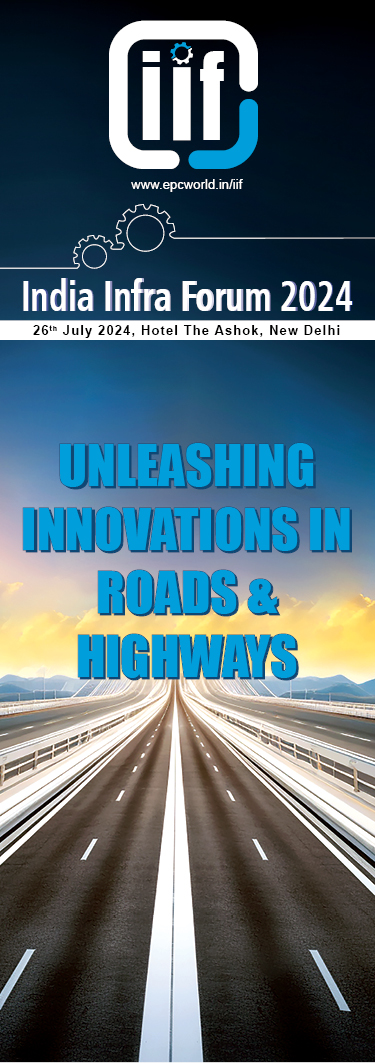by Varinder Bhatia, Assistant Vice President Havells India
A biggest challenge with the developing nations is that they must run a double race with extra load, wherein they can interweave socio-economic development without being too dependent on the natural resources. India power generation sector has been traditionally dominated by coal-based power plants which contribute to around 61 per cent. As a developing nation, India’s power needs are galloping by leaps and bounds. In the current scenario, it is becoming imperative to switch over to a more environmentally friendly technology or a source. When it comes to sustainable solutions, Solar Power emerges as the perfect alternative. India is blessed by 300 days of sunshine that makes the country our very own Solar Power Generator.
Considering India’s large population and the fast-growing economy, the transition towards a cleaner, economical and reliable sources of energy is now required more than ever. India is bestowed with enormous solar energy potential. Solar power’s abundant accessibility in India not only warrants scalability but also boosts our energy security. Production of solar power has increased remarkably in the last few years owing to the government’s favourable initiatives and innovative manufacturing technology. Government bodies such as the Ministry of New and Renewable Energy (MNRE), India Renewable Energy Development Agency (IREDA), Energy Efficiency Services (EESL) and Solar Energy Centre (SEC) rolls out various policies and subsidies to promote the sector, creating an extremely favourable environment for business.
The anticipation for India to declare its net-zero emissions goal is in a 2050 timeframe. The ministry of new and renewable energy (MNRE) recently amended the guidelines for implementation of Central Public Sector Undertaking (CPSU) scheme phase-II for setting up 12,000 MW grid-connected solar projects. Aside from this, last month was revealed that the National Dairy Development Board has signed an agreement with Energy Efficiency Services (EESL) to promote efficient renewable technologies in the dairy cooperative sector across the country. India’s overall Renewable capacity reached 100 GW against target of 450GW. Solar contributes to 45% in overall renewable space (commissioned) and around 45 GW is pipeline. PLI scheme introduced by governmentwill promote local manufacturing of Solar Cell and modules.Similarly, EESL has signed MoU with the Department of New and Renewable Energy (DNRE) of Goa to implement India’s first convergence project in the state. Under the initiative, EESL will provide solarized agriculture feeders, battery energy storage systems, and LED streetlights in local villages. There are several other initiatives that are currently being rolled out to achieve a common objective of rapid growth in the solar energy sector. The rapid development in the solar energy sector is also going to be a contributory factor in realising government’s ‘Make in India’ vision.
In addition to electricity generation, solar power is also lowering the carbon footprint of companies. However, the adoption of solar industry in India is still facing many challenges due to the high cost and increased dependency of importing the raw materials like silicon and solar wafers used for the manufacture of solar cells lead to the low adoption. At the same time, the disparity in solar potential across states further lead to its slow or reluctant growth. Adding to these challenges are the transmission losses at approximately 40 per cent, which make solar power generation highly unfeasible. These conditions are further made worse by the scarcity of per capita land availability in India. Technological innovations that improve the efficiency of current solar energy systems are necessary to exploit the solar energy potential in the country.
As Green energy is on everyone’s minds, it has become crucial to obtain maximum efficiency without denting the environment. Sustainability has become an important factor. With proper focus towards overcoming the challenges, increasing R&D in the sector, it is only a matter before India becomes one of the world leaders in Solar Energy.






